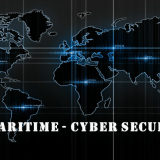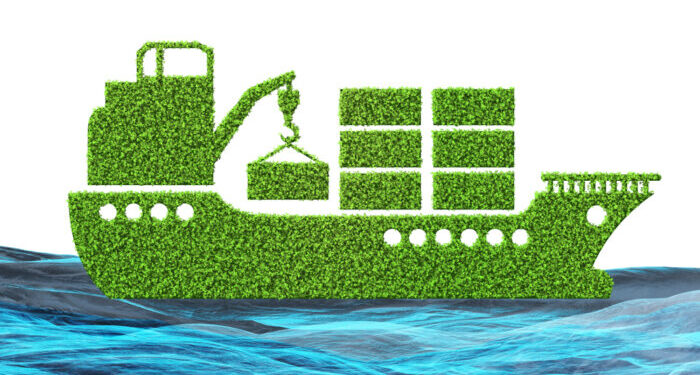1. Data Processing and Data Processing Purposes
1.1 The Company “CITY UNITY Maritime Training Center” (hereinafter: «the Company») processes, in the context of your employment, personal data collected by you and/or third parties (such as recruiters, job-posting websites and/or your previous employer), in accordance with Regulation (ΕU) 2016/679 on the protection of natural persons with regard to the processing of personal data and on the free movement of such data (hereinafter: «GDPR») and Greek legislation. More specifically, the Company processes personal, passport/ID and communication information, banking, social security and tax data, information about your education and previous and current employment, photo, your marital status and family information, travel information, your communications with the Company, information about your next of kin, health data, information about your entry/exit from the Company, e-mails that you send from and receive in your corporate e-mail account, calls you make and receive in your corporate mobile phone and work phone, your corporate mobile phone bill and any other personal data that may be necessary to achieve the below purposes of personal data processing.
1.2 The Company processes your personal data during your employment, while such processing will extend after the completion of such employment, and to the extent required in order for the Company to comply with its legal obligations towards the authorities and/or third parties, to comply to any applicable provisions on the obligatory data retention periods or in order for the Company to support its claims or rights.
1.3 The Company processes your data in order to ensure its proper operation in accordance with its employee-related procedures, to fulfill its staffing needs, to comply with its legal and contractual obligations, to identify its employees and to ensure the safety of its staff and of its premises.
2. Transfer of personal data to third parties
2.1 Your data may be made accessible to the Company’s personnel, as well as to third parties, such as the competent authorities, technical contractors, investigators, accountants, auditors, lawyers and legal counsels, IT companies providing technical or cloud services or i-storage platforms and banks.
2.2 The Company may also transfer some or all your data for the above purposes to persons located in countries that are not members of the European Economic Area (EEA). Where such countries have not been granted with an adequacy decision by the European Commission, any transfer shall take place under the appropriate safeguards in accordance with the GDPR, such as Standard Contractual Clauses approved by the Commission or by the competent national authority.
3. Your rights
In accordance with the GDPR, you have the right to: (a) request access to your data and to information relating to the processing thereof by the Company, (b) request corrections and/or the completion of your data, (c) request the Company to delete your data, (d) request the restriction of the scope of processing, the way that the Company is processing your data, as well as the purposes for which the Company is processing them, (e) receive the personal data you provide to the Company and to transmit them and/or request the Company to transmit them to another data controller, (f) object to the processing of your personal data, (g) file a complaint before the Hellenic Data Protection Authority, and (h) so far as the processing relies upon your consent, to withdraw such consent at any time. To exercise your rights, please contact the Company as illustrated below at 5.
4. Legal basis for the processing of personal data
The Company processes your personal data because the processing is necessary, in order for the Company to:
(a) comply with its legal obligations, including among others obligations in the field of employment or social security law,
(b) fulfill its obligations and/ or satisfy its rights deriving from your employment agreement,
(c) satisfy its legitimate interests, such as its proper operation in accordance with its employee-related procedures, to fulfill its staffing needs, to comply with its legal and contractual obligations, to identify its employees and to ensure the safety of its staff and of its premises and the fitness to work of its employees,
(d) establish, exercise or defend legal claims, and/or
(e) process your personal data pursuant to your consent.
The above processing is required by law or due to a contract executed between you and the Company. Therefore, if you do not provide us with your data, the execution of your employment agreement may not be possible.
Source: maritimecareer



